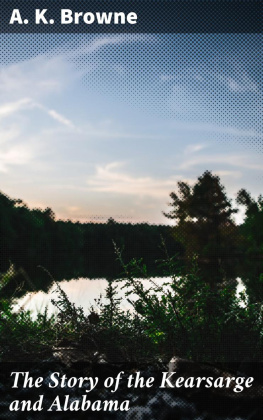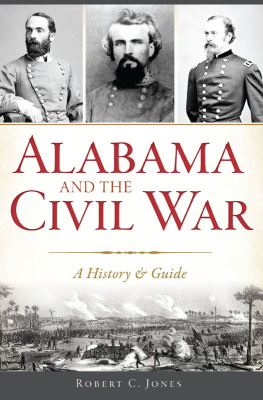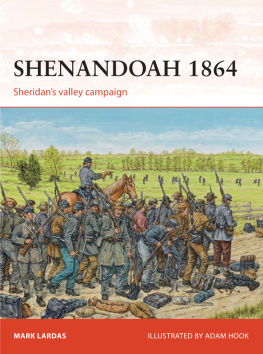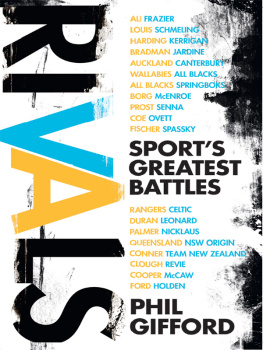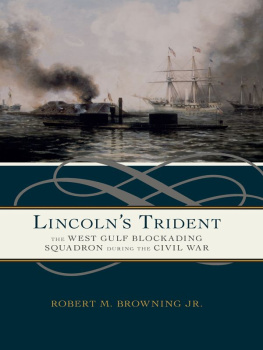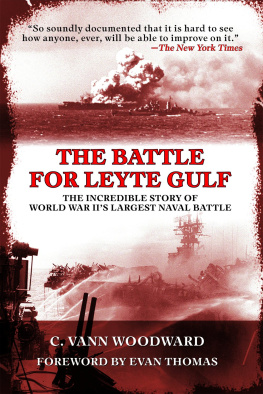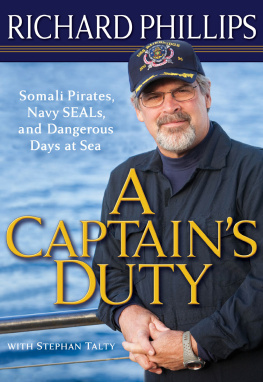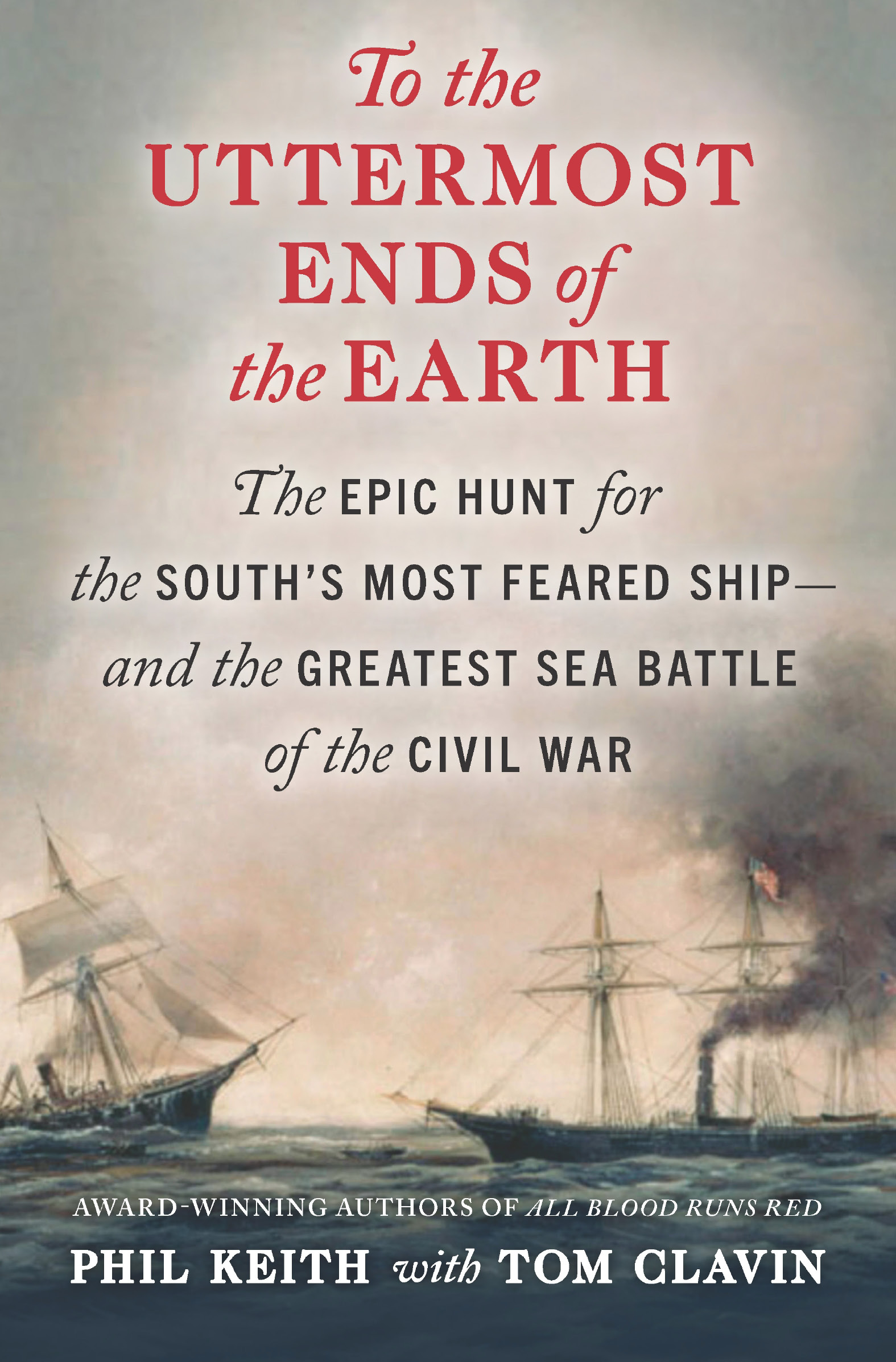
Praise for All Blood Runs Red
A whale of a tale, told clearly and quickly. I read the entire book in almost one sitting.
New York Times Book Review
An engaging portrait of a true free spirit.
Christian Science Monitor
Wonderful.
Atlanta Journal-Constitution
Breathtaking... Keith and Clavin cover it all, bringing a singular American figure out of obscurity.
Tampa Bay Times
A thrilling read.
San Francisco Chronicle
To Lolly, the Muse, who has always believed; so, therefore, I write. And to Pierce, for whom I write, for his legacy and mine.
P.K.
To Vivienne Vun Kannon, whose adventures have just begun.
T.C.
To the Uttermost Ends of the Earth
The Epic Hunt for the Souths Most Feared Shipand the Greatest Sea Battle of the Civil War
Phil Keith with Tom Clavin

THE COASTAL BLOCKADE
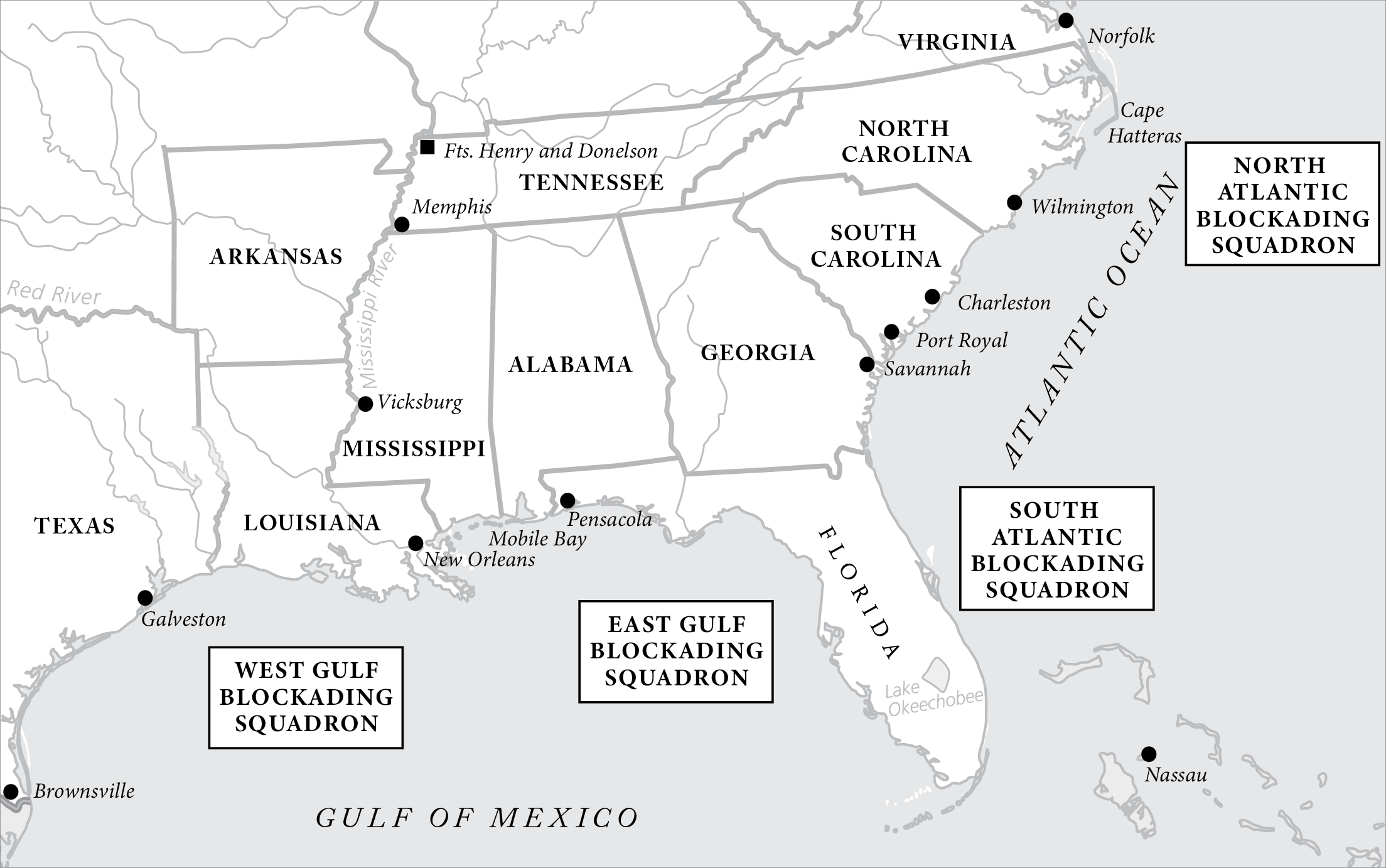
VOYAGE OF THE CSS ALABAMA
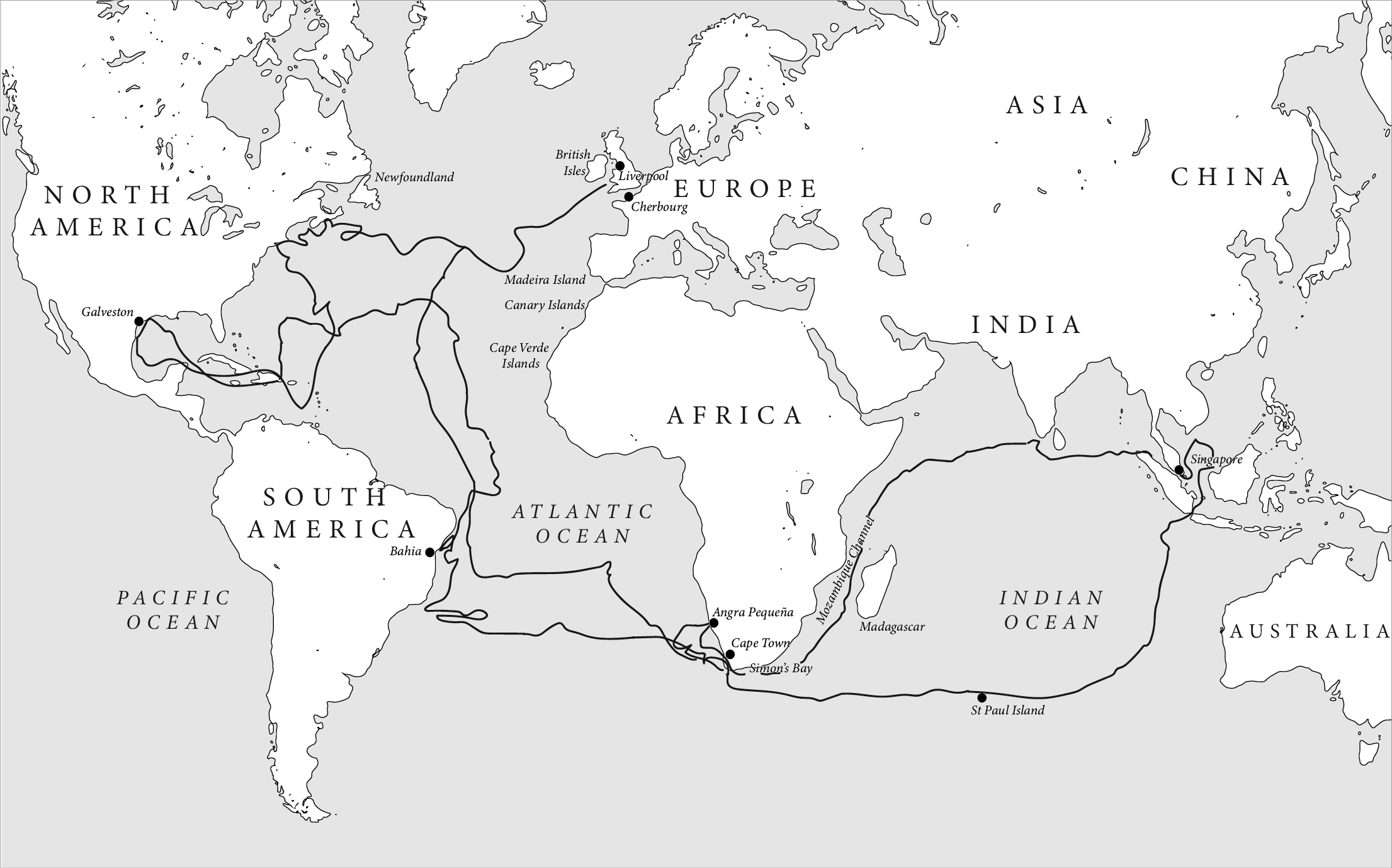
Phil Keith was the author of six books, including Blackhorse Riders, which won the USA Best Book Award for Military History, was a finalist for the Colby Award, and earned a silver medal from the Military Writers Society of America. He held a degree in history from Harvard and was a former navy aviator. During three tours in Vietnam, he served with distinction and was awarded, among other decorations, the Purple Heart, Air Medal, Presidential Unit Citation, and the Navy Commendation Medal. His previous collaboration with Tom Clavin, All Blood Runs Red, received the gold medal from the Military Writers Society of America.
Tom Clavin is the author of eighteen nonfiction books and has worked as a newspaper editor, magazine writer, TV and radio commentator, and reporter for the New York Times covering a variety of topics. His two most recent books, Blood and Treasure: Daniel Boone and the Fight for Americas First Frontier (with Bob Drury) and Lightning Down: A World War II Story of Survival, were national bestsellers. Other bestselling titles include DodgeCity, Tombstone, and with Bob Drury, The Heart of Everything That Is and The Last Stand of Fox Company.
Contents
PROLOGUE
What did I get my Medal of Honor for? Oh, I suppose they had one left over so they had me take care of it.
John Bickford, June 1922
I was definitely not meant for a life at sea , Sherwin Cook told himself as he bobbed across Gloucester Harbor. The dinghy he was clinging to swayed perilously, or so he felt, and the little put-put outboard that pushed them forward spewed fumes that assaulted his nostrils and choked his lungs without letup. Much more of this and he was going to be puking his guts out over the starboard gunwale.
It was hot for June and the noonday sun was beating down. His sweat output increased, which only exacerbated the nausea rising in his gut. Cook dreaded being on the waterhe even avoided swimming pools. There was no choice, though, if he wanted this interview because there was no way out to Rocky Neck except by boat. He had hired a local fisherman to ferry him across and as he unsteadily settled himself in the old salts puny craft, he instantly regretted his choice. The small boat reeked of fish guts and the gnarled, sunbaked old codger didnt seem to smell much better himself. But the price was right, two dollars and fifty cents round trip. Since he had to pay his own expenses, the cheap ride would leave more commission in his pocket. As Cook tried desperately to keep his breakfast down, the pier at Rocky Neck finally came into view. If he could last another five minutes, he might make it.
Cooks quarry that day was an aging Civil War veteran by the name of John Bickford. It was early June 1922, and the old veterans of the Civil War were rapidly slipping away to be with their mates in the great hereafter. Bickford was nearly eighty, Cook had been told, and he was reportedly in decent shape and had not yet lost his marbles. Cook wanted to interview Bickford about two story lines: First, his participation in the most famous sea battle of the Civil War, the duel between the famous Rebel raider CSS Alabama and the Yankee sloop of war USS Kearsarge , in 1864. Second, Bickford was rumored to be the last survivor of the seventeen Medal of Honor awardees from that battle. As a freelancer for the Boston Evening Transcript Cook had been commissioned to get Bickfords narrative, but also as an amateur historian, he was keenly interested in capturing the old mans tales.
As the dinghy mercifully touched the Rocky Neck pier, Cook noticed a tall, older, and beefy gentleman sauntering down the dock toward him. He wore a jaunty sailors cap, cocked to one side of his head, and sported a broad smile under a bushy white mustache. He walked with a slight limp, but briskly and otherwise unaided.
As Cook struggled to ascend the rickety pier-side ladder, a hand reached down to help. The young reporter grasped it and noted how strong the grip was. Once standing on the pier, and grateful to be on a solid surface, Cook retrieved his leather portfolio from the boatman.
Ill be back at 1600, the craggy fisherman announced. Dont be late or youll be spending the night. And Ill be collecting double if I have to fetch you back tomorrow, he cackled with some glee.
Dont worry. Ill be here at...4:00, Cook calculated from the nautical time reference. He was already dreading the return trip.
Names Bickford. The older gentleman on the pier smiled. John Bickford.
The two shook hands. Im Sherwin Cook. From the Boston Evening Transcript . Pleasure to meet you, sir.
Well, Mr. Cook, lets get you out of the sun and have something cool to drink. Please follow me.
Setting a brisk pace, Bickford escorted his guest down the pier and up a short rise to a tidy and pleasant-looking cottage overlooking the harbor. Neatly trimmed rose bushes framed the front porch which accommodated a settee, a rocking chair, and two wicker chairs with cushions.
Please sit where youd like, except the rocker. Thats the chair I need for my bad back. Made some lemonade this morning. Care for a glass?
Yes, please, that would be splendid.
Bickford ducked through the screen door, which closed with a slam. Cook settled into one of the cushioned chairs and took out his handkerchief to wipe his brow. He was beginning to feel normal again and his stomach was settling.
The view from the porch was magnificent. It faced west, which ought to provide gorgeous sunsets on clear days. Several sailboats dotted the harbor, cruising along hither and yon, capturing the gentle airs. A dozen fishing boats sat at anchor, a couple of which had seagulls swirling near their sterns as crews cleaned the detritus from the mornings catch from their decks. Below the cottage, to the left, was another short quay, and tied up all along it, on both sides, were a dozen small boats that looked to be the type that could be rented for the day.
The screen door swung open again and Bickford emerged with a large tray upon which were two tall glasses of iced lemonade, some crackers, a large hunk of cheese, and an uncut salami. He set the tray on a small table between them.
Next page

